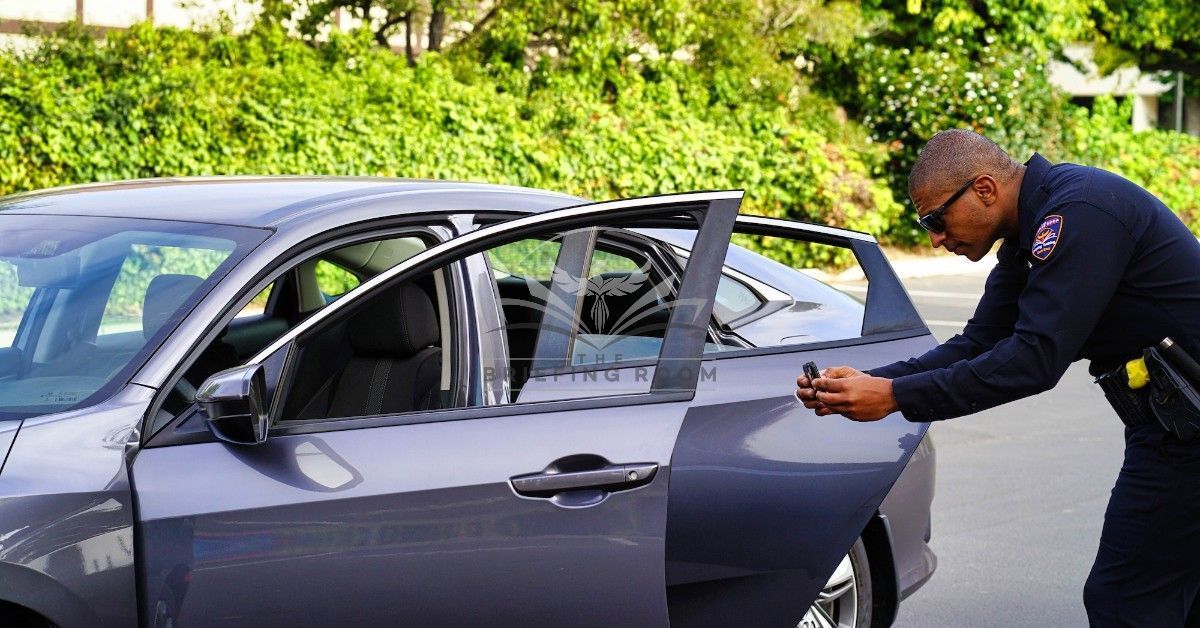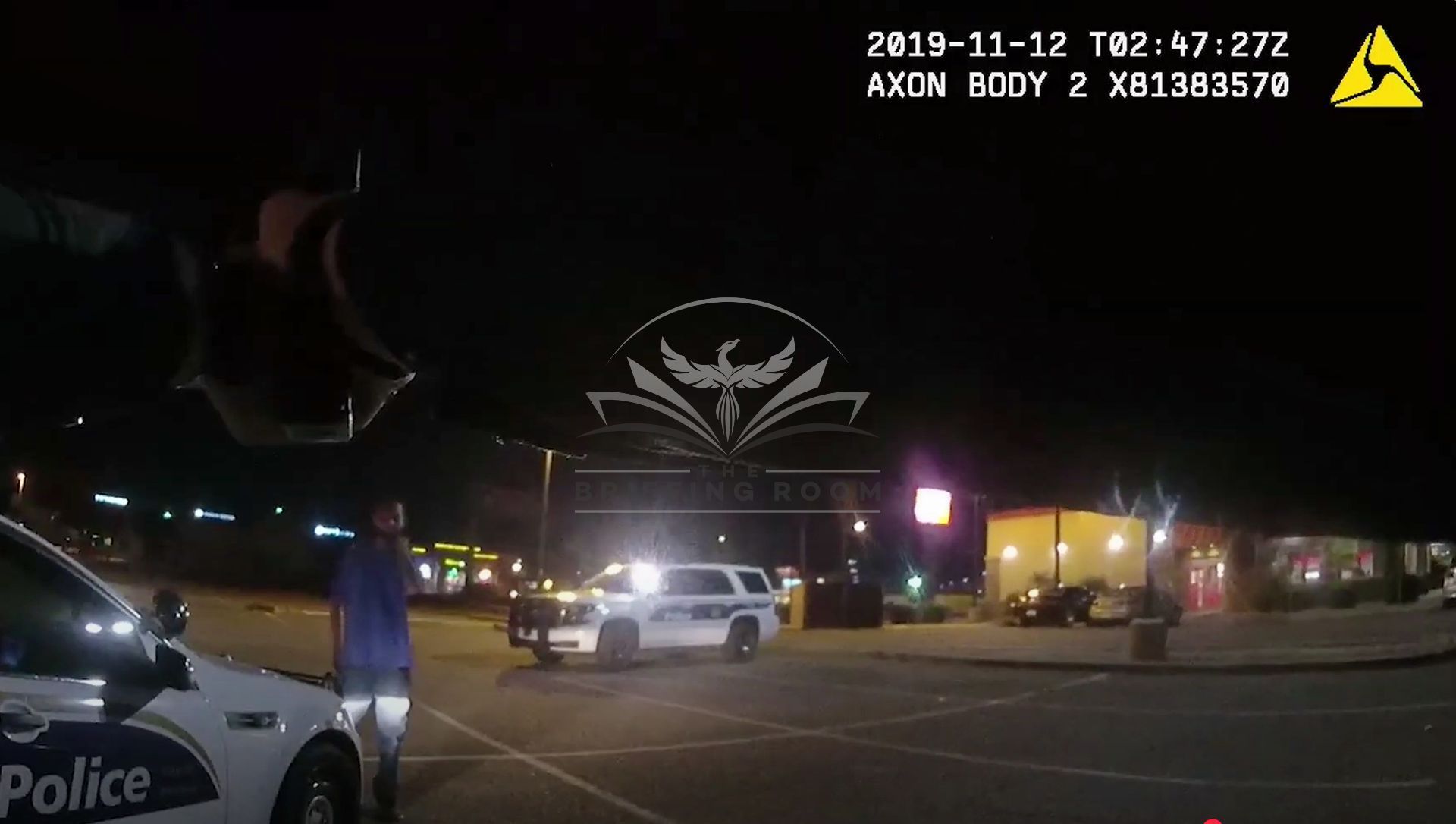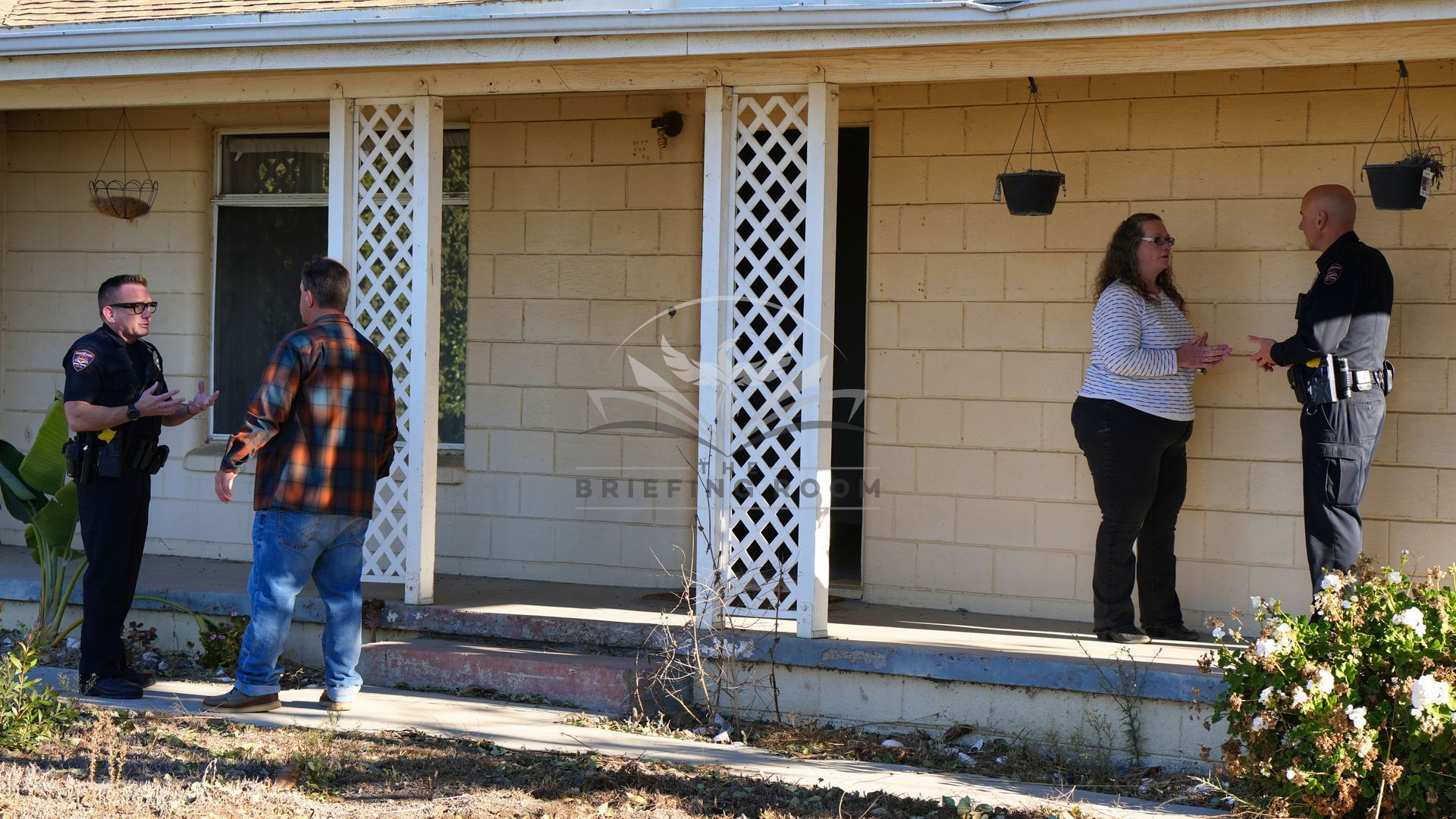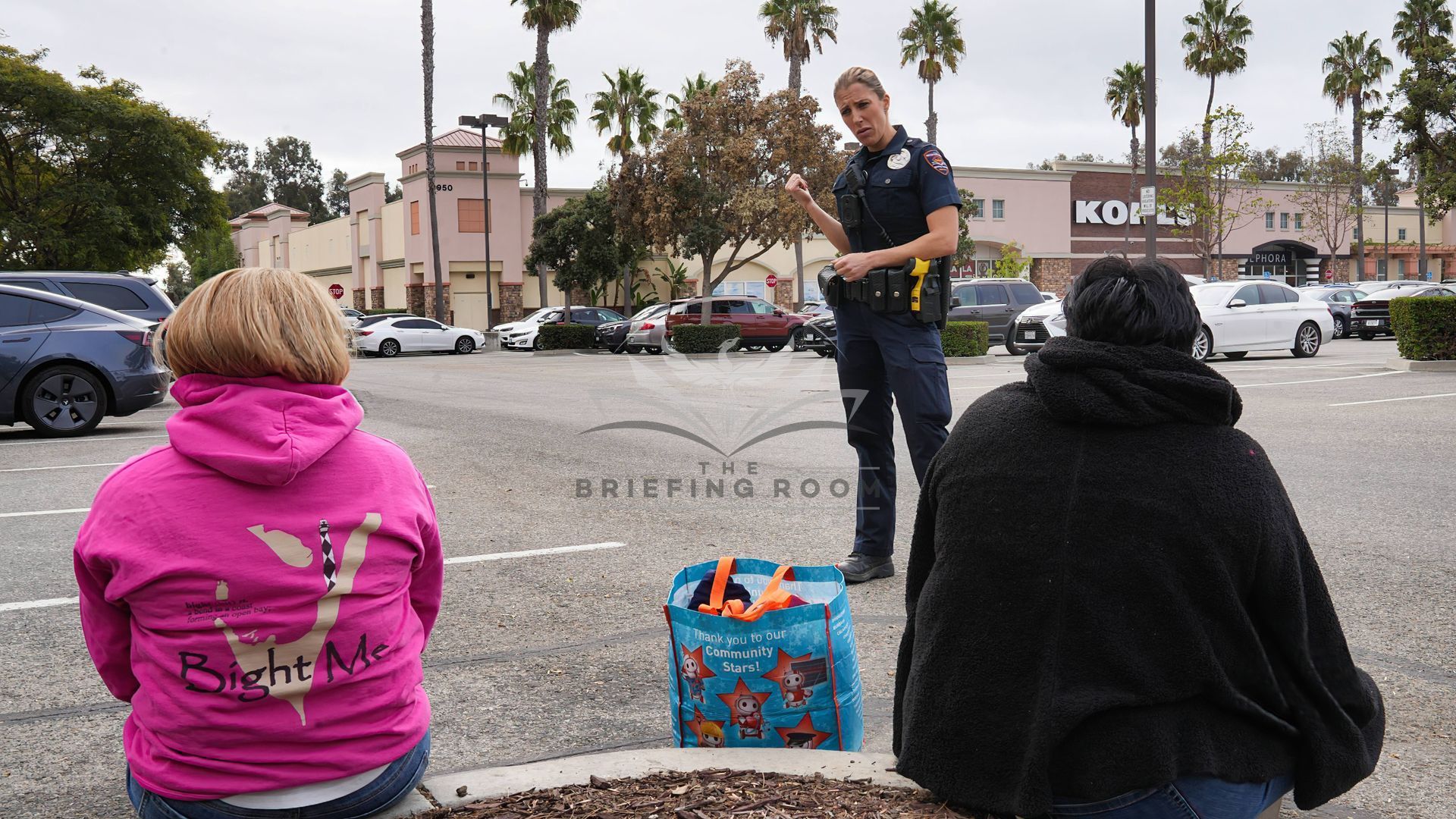Exculpatory Evidence Must Be Presented To The Prosecutor

This post is only offered as a discussion topic only and does not represent legal advice. Officers must refer to the laws in their own State as well as their agency's policies, which can be more restrictive on officers that the law requires.
Scenario: While an officer is outside a residence investigating a report of a potential kidnapping in progress, they see a person matching the suspect's description standing inside the home. The police officer tries to enter the house without a warrant due to exigent circumstances but a family member stands in front of the door to block them from going inside.
Does enough probable cause exist to arrest that person for obstructing a peace officer?
Answer: This was a question addressed by the 9th Circuit Court of Appeals in the case Hill v. City of Fountain Valley from 2023. In that case opinion, the court first affirmed that "Law enforcement can make a warrantless in-home arrest if the officers faced exigent circumstances and had probable cause supporting the arrest."
But, they said in a case like this which involved a person passively blocking the door, the officers likely did not have probable cause to arrest for obstruction of justice under California law. They said, "It is well established under California law that even an outright refusal to cooperate with police officers cannot create adequate grounds for police intrusion WITHOUT MORE." "California Courts have held that passively blocking a door or refusing to open a door after a proper police demand are examples of PERMISSIBLE refusals to cooperate with police."
Although they said the officers did not have probable cause for the arrest, they said the officers were entitled to qualified immunity because no prior case dealt with the issues present in this incident. Officers who arrest under similar circumstances in the future may not receive qualified immunity as these officers did here.
Keep in mind that the court agreed that exigent circumstances existed to enter the home. Their opinion only referenced arresting a person who used passive resistance to block the entry. They did not say the officers could not move the person out of the way or whether probable cause would exist to arrest if the person subsequently upgraded their resistance to active or assaultive resistance when the officers tried to move them out of the way.
The Briefing Room has a short training video available on this exact scenario so agency supervisors can easily train every officer in your agency on this essential topic.
www.TheBriefingRoom.com
90-Second Training Videos Your Supervisors Use During Briefing or Roll Call To Develop High-Performing Teams of Officers.
✅ Lower Liability
✅ Retain Officers
✅ Build Community Support



